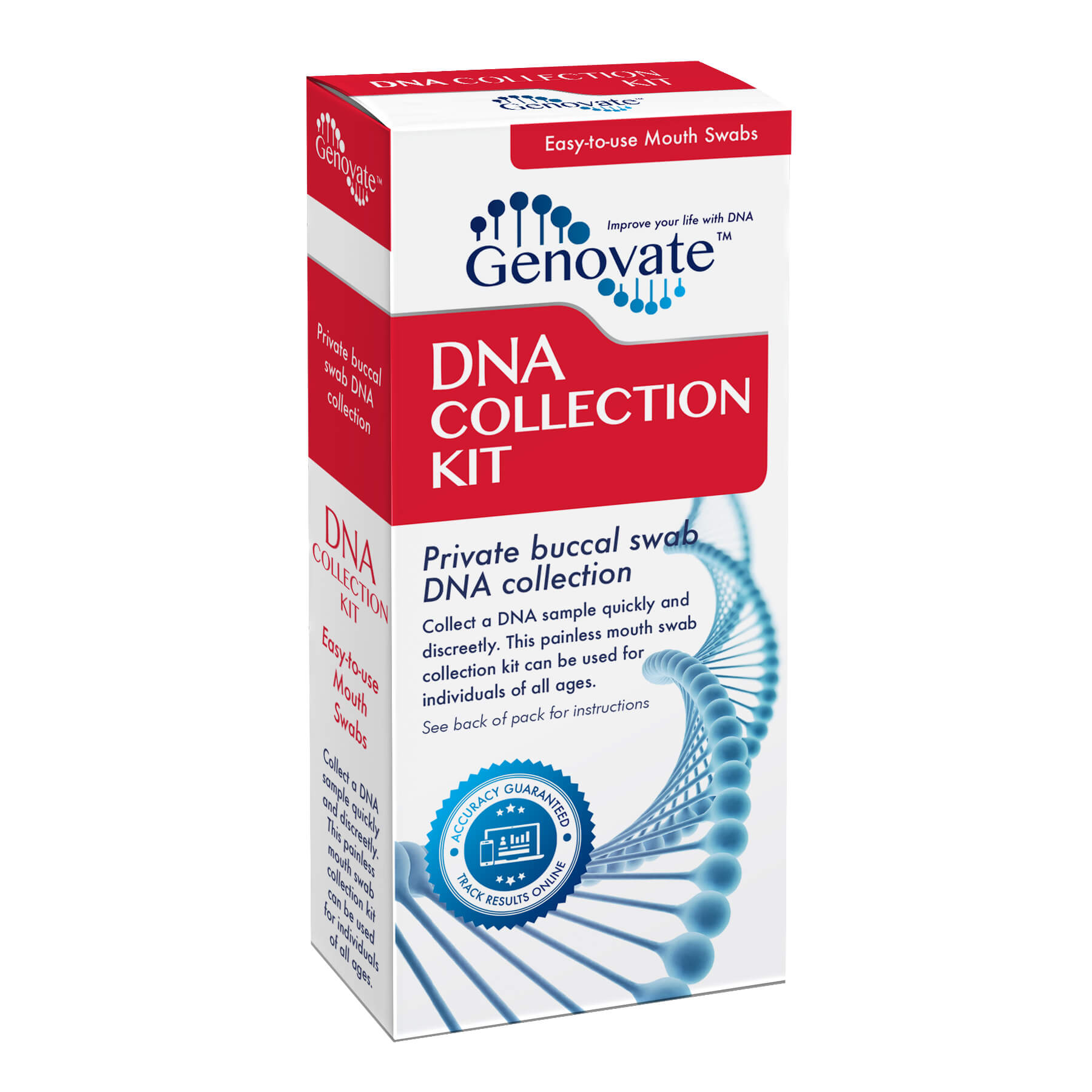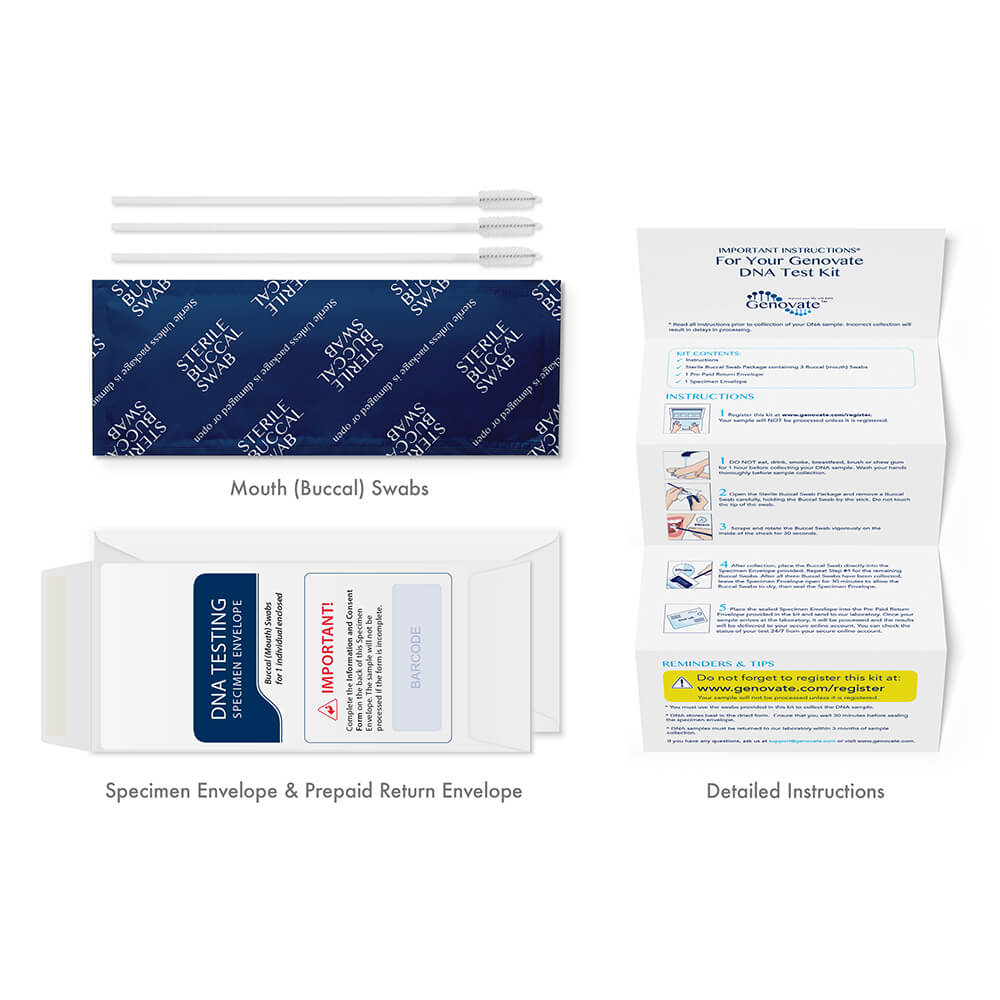Do you have a family history of anxiety and depression?
You may have inherited a common genetic variant that affects the activity of serotonin, increasing your risk of anxiety and depression, and diminishing your response to commonly used selective serotonin reuptake inhibitors (SSRI antidepressants).
The SLC6A4 gene encodes the 5-HTT protein that transports serotonin into the cells. Variations can occur in the 5-HTTLPR section of SLC6A4 and affect how much of the serotonin transporter is produced. The “grouchy” gene is a short version of the SLC6A4 gene, and individuals with the “grouchy” gene produce lower levels of the 5-HTT serotonin transporter. The “grouchy” gene results in an increased risk of:
- Grumpy or sad feelings
- Anxiety related behaviour and stress response
- Antisocial behaviour
- Impulsiveness
- Attention deficit disorder
- Psychological disorders such as autism, depression, bipolar disorder
- Addictive behaviour
- Sudden infant death syndrome
- Reduced response to antidepressants
What is the function of the serotonin transporter?
Serotonin is a neurotransmitter in the brain that gives us feelings of pleasure and well-being. When serotonin is released from cells in the brain or neurons it sends out signals to be happy and content. The role of the serotonin transporter is to move serotonin from the synaptic cleft to the presynaptic neuron, allowing serotonin recycling in a sodium-dependent manner. The serotonin transporter is also important to maintain functional neural circuits connecting the amygdala and the cingulate regions of the brain. People with the “grouchy” gene produce lower levels of the serotonin transporter and have smaller amygdala and cingulate regions – two brain regions involved in emotional responses. These changes result in an increased likelihood of anxiety and depression in people with one or more copies of the “grouchy” gene.
How is the “grouchy” gene inherited?
The SLC6A4 gene is located on chromosome 17. We inherit two copies of the gene – one from each parent. Inheriting one or two copies of the short (“grouchy”) version is linked to an increased risk of depression.
Response to antidepressants
The “grouchy” variant of the SLC6A4 gene is associated with a decreased response to selective serotonin reuptake inhibitor (SSRI) antidepressants. SSRIs (e.g. Prozac, Zoloft and Paxil) are commonly used as first-line treatment of depression, but 30-40% of affected people do not appear to benefit as well from this treatment. The molecular target of SSRIs is the 5-HTT serotonin transporter protein. Individuals with the “grouchy” variant produce lower levels of this protein, hence a decreased target for the SSRI antidepressant. Alternative antidepressants may be recommended for patients carrying the “grouchy” gene.
DNA testing for the “grouchy” gene
A simple DNA test can be done to find out which form of SLC6A4 a person has inherited. The test determines the length of the 5-HTTLPR region and distinguishes between the short form and the long form.
People with two copies of the short, “grouchy” form are more likely to be unhappy and will pass this form of the SLC6A4 gene to all of their children. People with two copies of the long form, have a decreased risk of unhappiness and depression. Heterozygotes have one copy of the long form and one copy of the short form. Having one copy of the “grouchy” gene also impacts the level of happiness and these individuals have a 50% chance of passing the “grouchy” gene to their children.
Three Easy Steps
Step 1: Order test kit online
Step 2: Collect DNA sample using a painless mouth swab, and mail to the lab in the provided return envelope
Step 3: Receive your results online
Click here for more details and to watch our explanatory video.
| Benefits |
|---|
| ✓ Understand your genetic risk of anxiety and depression |
| ✓ Help choose the best antidepressant medication for you |
| ✓ Painless buccal (mouth) swab sample collection |
| ✓ All tests are run 2x for absolute accuracy |
| ✓ Quickly collect samples in the privacy of your own home |
| ✓ 24/7 online test status check |
| ✓ Discreet online results option available |
| ✓ No age limit |
| ✓ State-of-the-art accredited testing laboratory |
Related products
Behaviour & Traits
Determine whether you carry a genetic variant that disrupts the breakdown of neurotransmitters in the brain.
Behaviour & Traits
Find out whether your genes reduce your chance of forming a strong bond with your partner.
Behaviour & Traits
Find out whether you are genetically predisposed to cheating.
Behaviour & Traits
Determine whether you carry a genetic variant associated with an increased likelihood of sexual promiscuity.











